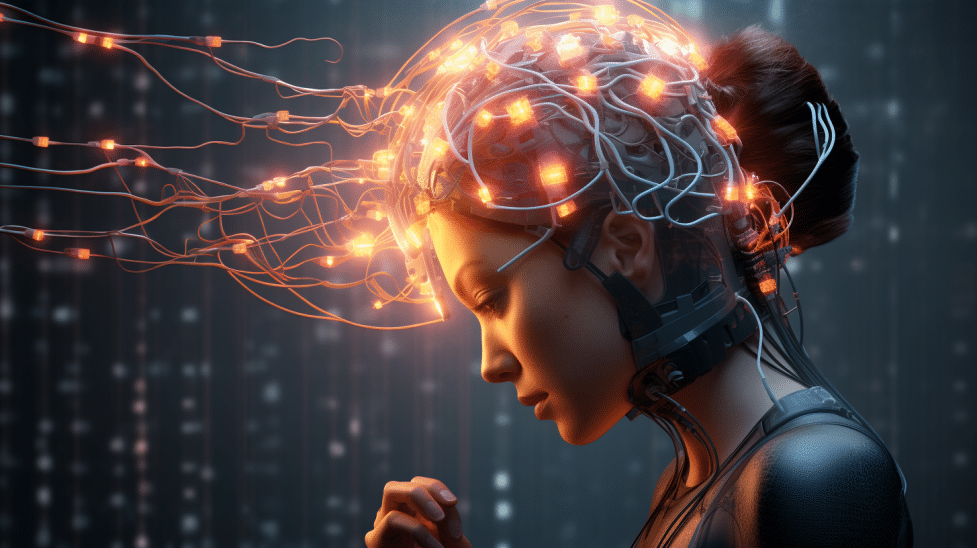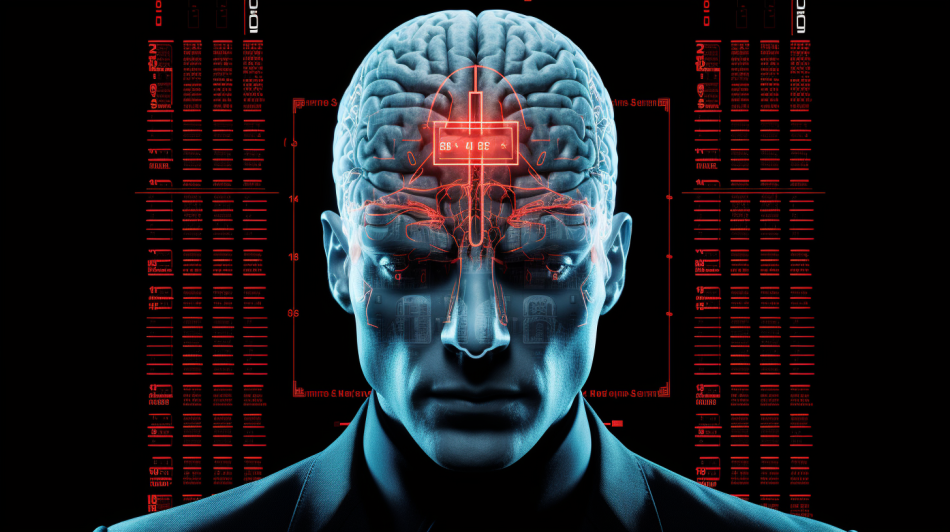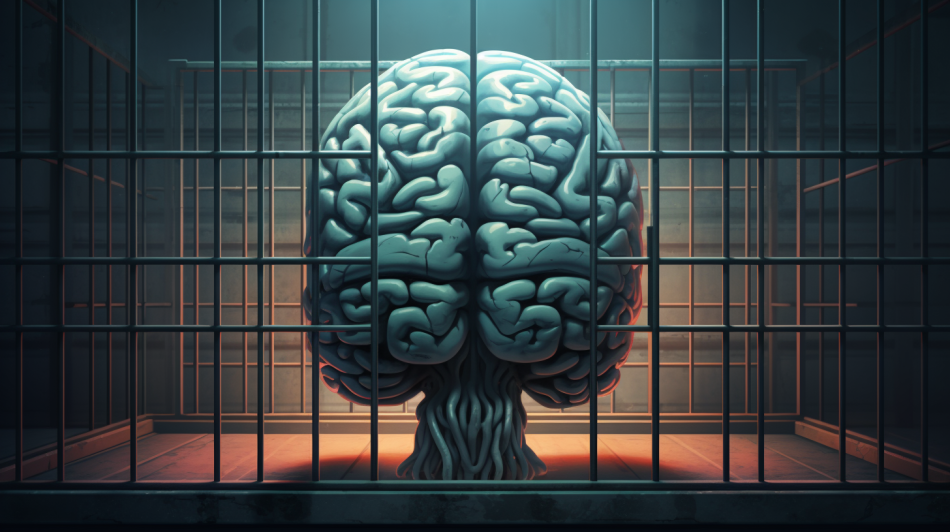Fasting Increases Dopamine Signaling in Reward Center of Brain (Mouse Study)
Researchers have uncovered new insights into how fasting alters dopamine signaling in the brain’s reward circuitry. Their findings, published in the Journal of Neurophysiology, suggest that fasted mice exhibit enhanced dopamine release in the ventral tegmental area (VTA) of the brain compared to fed mice. This may help explain fasting’s impact on motivation and reward-seeking …










